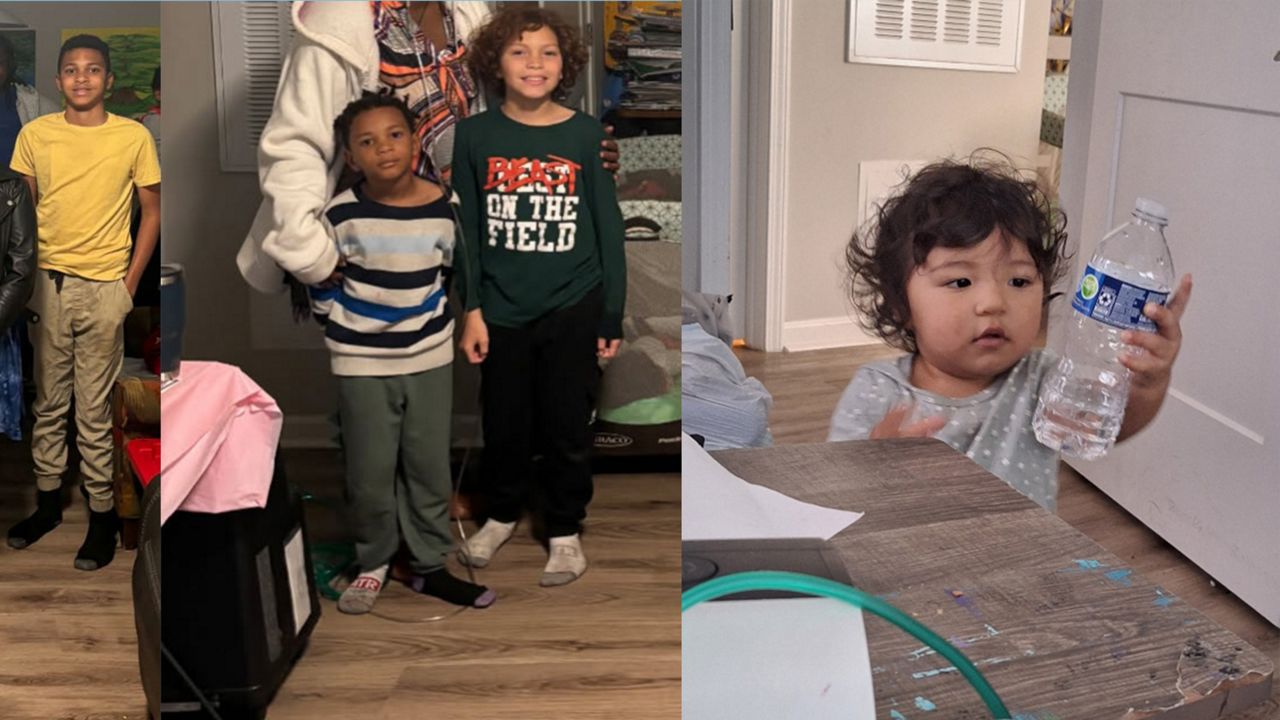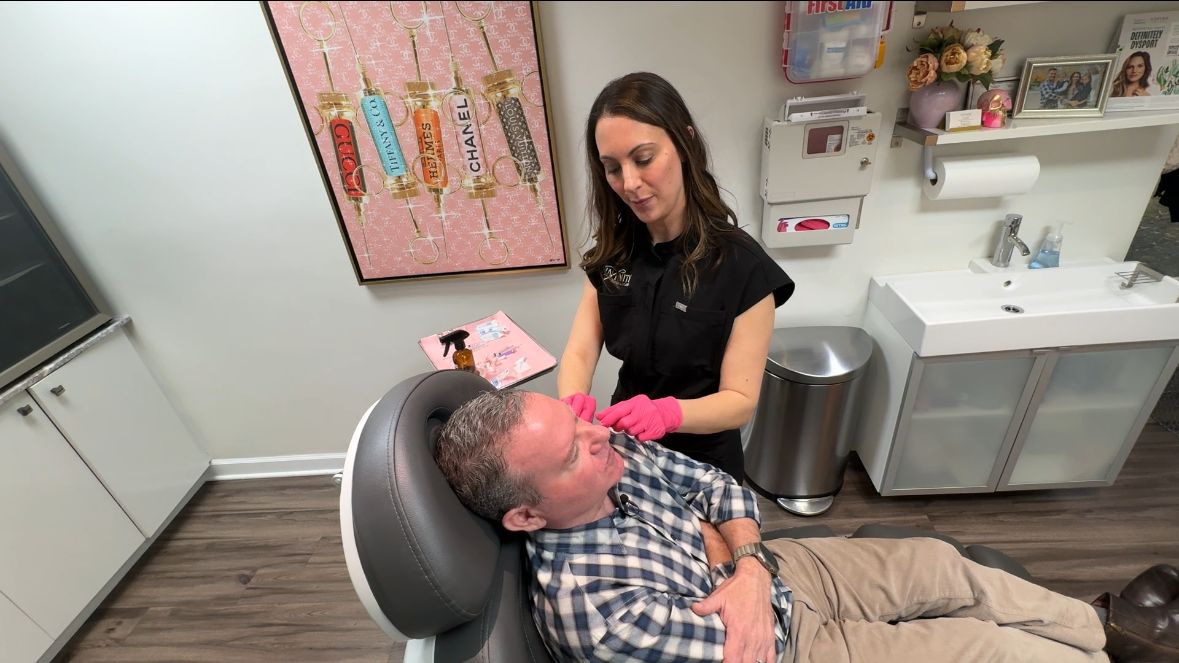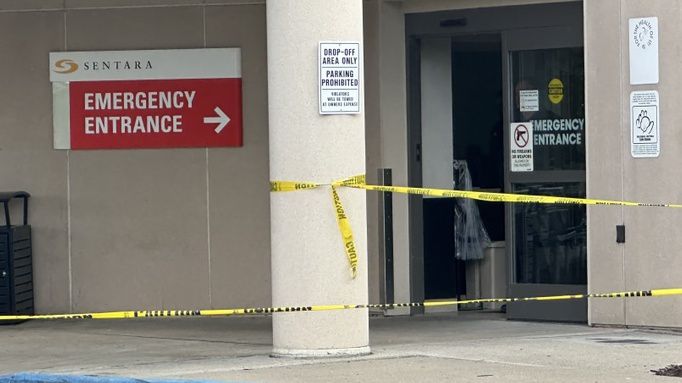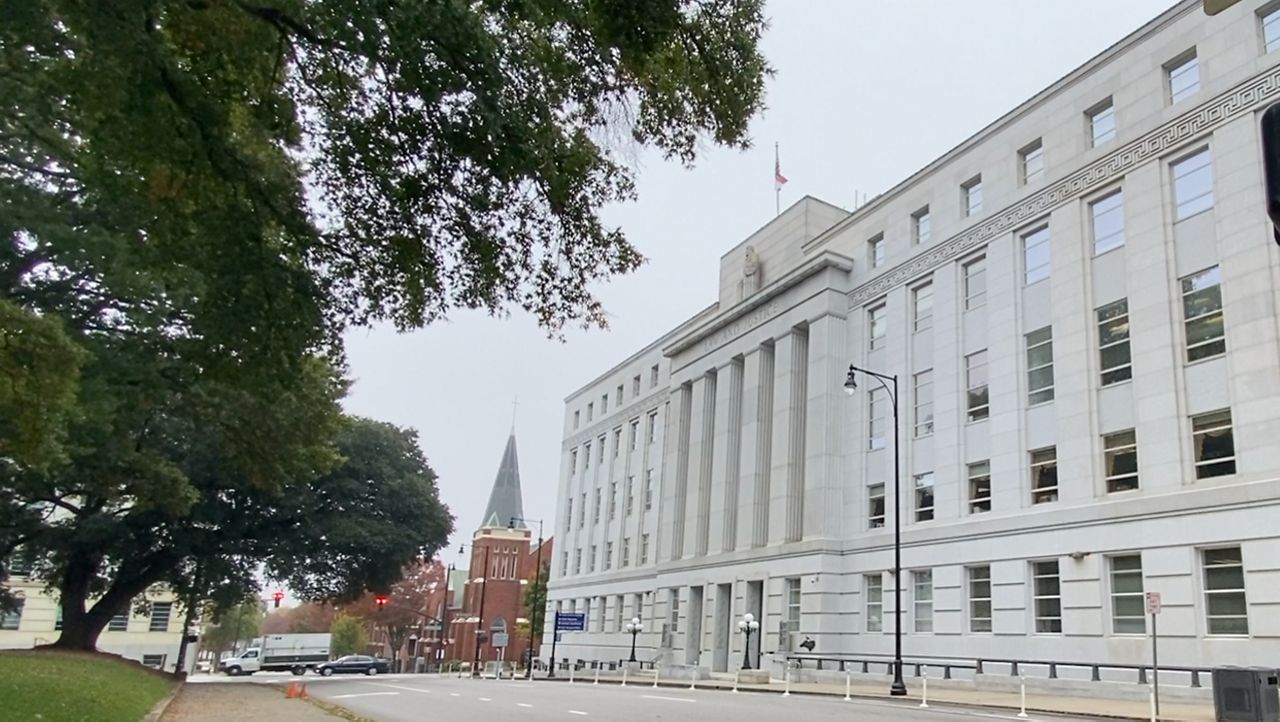WILMINGTON, N.C. — If you're heading to the coast this summer to soak up some sun, consider spending an afternoon downtown on a tour guided by WilmingtoNColor — the only tour that covers the events of the 1898 insurrection and the thriving Black community that existed beforehand.
The tour in Wilmington is flipping the script and telling the little-known narrative of the successful Black community in Wilmington prior to the 1898 insurrection.
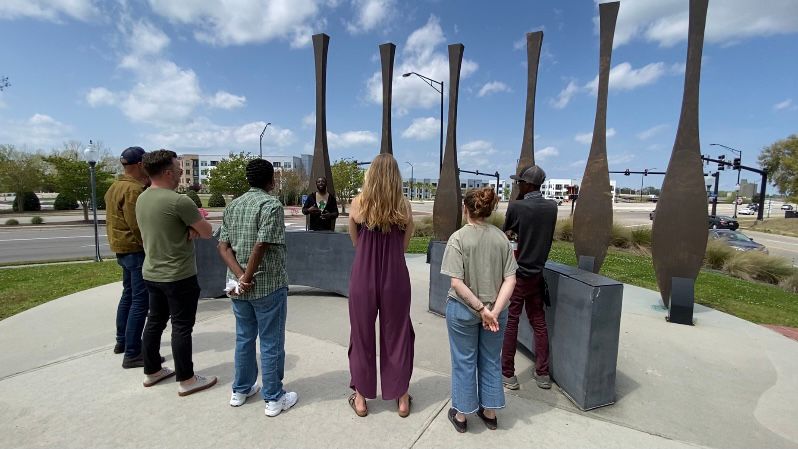
“We think of Wilmington as this little city — it's cute, it's the beach, it's fun, but there's a really lot of important things that happened here that are unique and important for the whole history of the United States,” Amy Shlag, a tour guide with WilmingtoNColor, said.
Shlag met Cedric Harrison, the founder of WilmingtoNColor, after Hurricane Florence devastated the Wilmington area. With a background in African American literature and history, she thought she was fairly familiar with the culture and history of the region, but soon discovered there was so much more than what made the history books.
“It's not the job of the oppressed to teach the oppressors what's wrong in their history, it's supposed to be our responsibility, so it's the least we can do,” Shlag said.
This tour has opened her eyes to the rich and rather unknown past of Wilmington and in turn she makes it her mission to educate all who step on the bus.
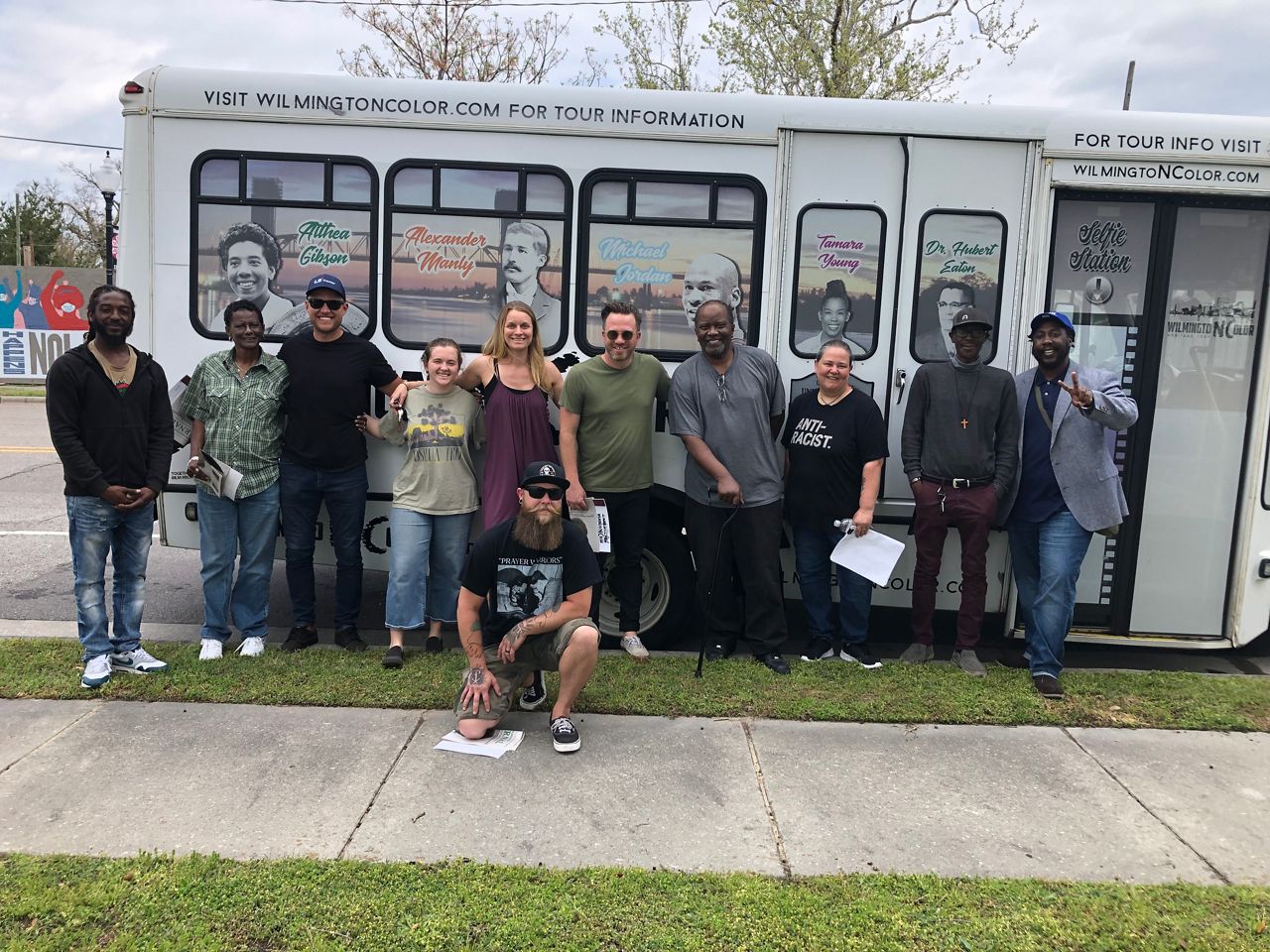
“Instead of it being this thing where I talk to them and it's almost didactic, it's a give-and-take exchange of stories and building community,” Shlag said.
She said most people drive past the locations on the tour every day and don't have any idea what took place there.
“You can't list all the horrible things, but one of them is that doctors, lawyers, architects, all of the things were still here, were already here, they already existed, they were building a thriving community and we destroyed it, and when it was rebuilt we tried to destroy it again,” Shlag said.
The tour is a constant reminder for her that rebuilding is part of our responsibility in Wilmington. The history is the key to connecting the past and the present with a successful future. Her hope is that if younger generations are aware of what took place here they can prevent it from ever happening again.
“It's your responsibility, one, if you're going to live here to know the history of where you live,” Shlag said. “When you know the history you buy into the community better, you build stronger community and you fix problems that exist.”







